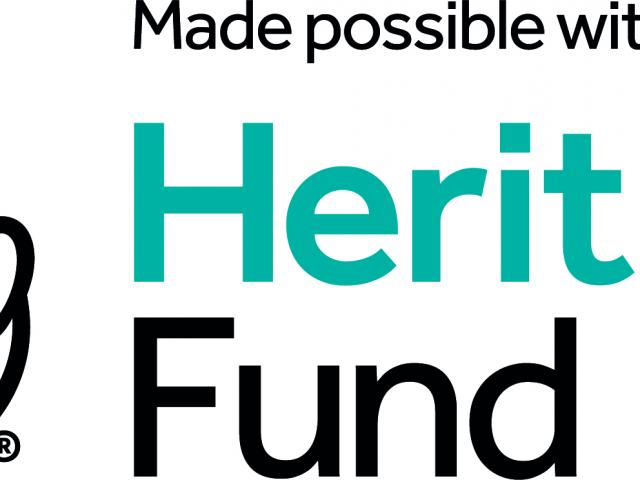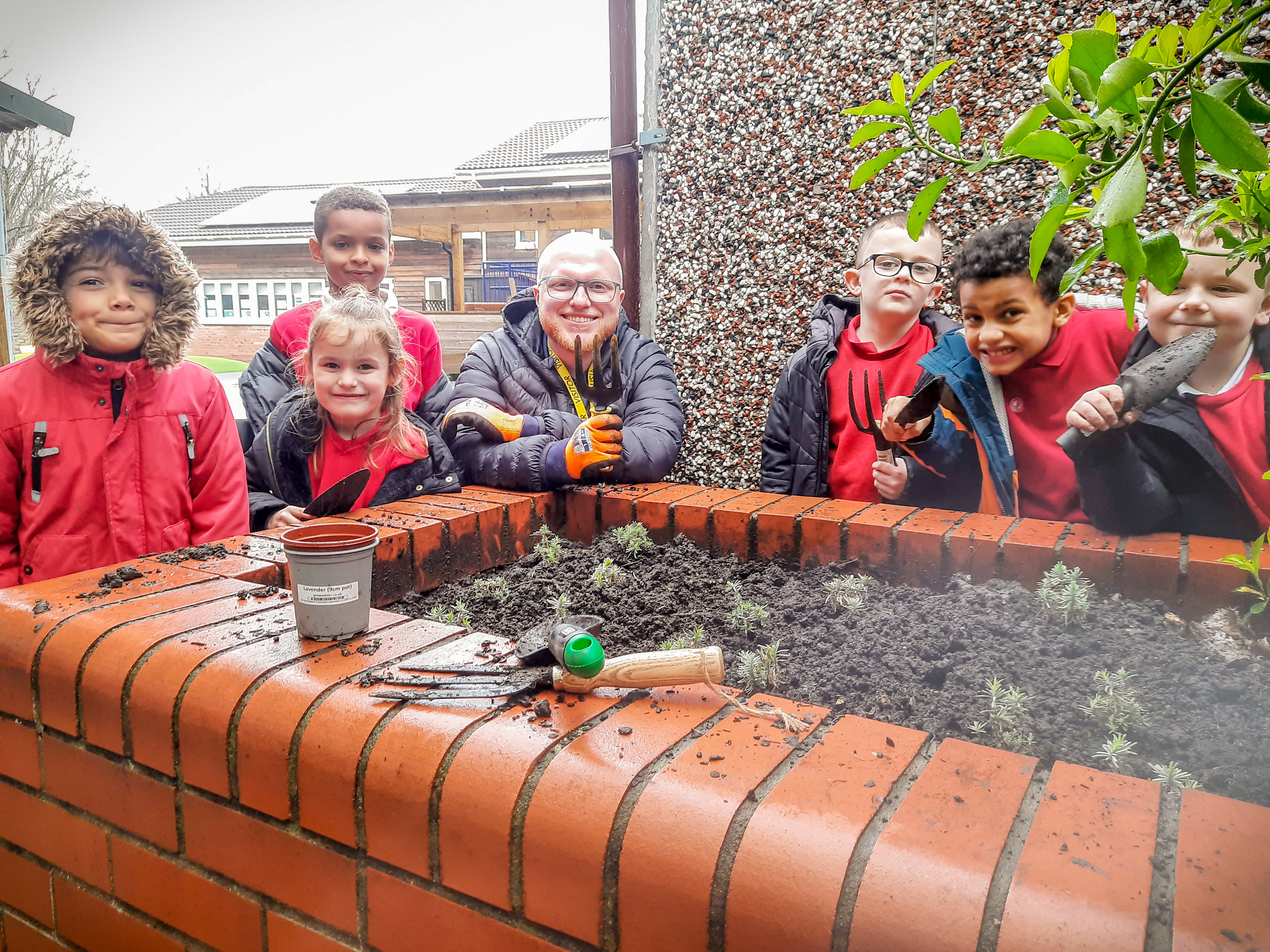Bristol Wild Spaces project will offer mental and physical health benefits for pupils and help vulnerable wildlife survive nature and climate crisis.
More than 2,000 children across Bristol and Weston-super-Mare are to help create Wild Spaces for butterflies and moths at their schools.
Pupils at 47 primary schools will create mini meadows, plant window boxes full of wildflowers and count the butterflies and moths that come to visit.
The 18-month project, run by Butterfly Conservation and funded by the National Lottery Heritage Fund, will give children in economically- and nature-deprived areas regular access to green space and the mental and physical health benefits that offers.
Butterfly Conservation is now looking for more schools to get involved to help beleaguered butterflies and moths survive the nature and climate crisis.
Butterfly Conservation’s Bristol and Weston Wild Spaces Project Officer, Angus Walker, said: "I am really excited to be leading this project: this is a huge opportunity to help children across our area to care for nature on their doorstep, make a real difference for wildlife and get the wellbeing benefits which come from that, like helping reduce anxiety.
"Having worked with young people in outdoor settings for a while, I see the pure joy they get from connecting with nature and that tells me there's a massive appetite from people to live in places that aren't just good for themselves but where nature thrives as well."
Angus is already working with pupils to create places for butterflies to feed, breed and shelter, and worked with pupils at Two Mile Hill Primary School in Bristol last week to plant Lavender in raised beds.
He said: "I'm really hopeful we'll be able to involve the children in all stages of creation - I'll be running planning workshops with the children, we might have discussions or they can draw pictures or even write a proposal. When it comes to creating, they'll be in the workshops, planting the plants, sowing the seeds, getting their hands dirty and being the ones to create their own space."
Butterfly Conservation will buy tools and plants for the schools so they can keep looking after their new Wild Spaces into the future.
Exactly what the children create depends on what space they have at their schools, but Angus explained that some of the easiest ways to help wildlife are to do nothing at all.
For example, common Stinging Nettles are the caterpillar food plant for five species of butterfly - Peacock, Comma, Red Admiral, Small Tortoiseshell and Painted Lady. The paisley-patterned Orange-tip, meanwhile, lays its eggs on Garlic Mustard which grows happily on roadsides.
Primroses and Crocuses are valuable for Wild Spaces as they are among the first plants to flower each year and provide vital nectar for the earliest butterflies such as bright yellow Brimstones.
Over winter, dense shrubs and long grass in the corner of a playground could provide perfect places for butterflies, moths and caterpillars to hide.
As well as guiding the creation of the Wild Spaces, Angus will give children crash-courses in species recording and identification so they can tell the charity exactly what wildlife they have been helping, hopefully inspiring a lifelong engagement with nature.
Angus will also provide schools with 10-year care plans for their Wild Spaces to ensure the legacy of the work.
Butterfly Conservation hopes that individual Wild Spaces will help create an urban network of green havens with local parks and gardens for butterflies, moths and other wildlife.
The project all is part of Butterfly Conservation's nationwide Wild Spaces program, aiming to create 100,000 new places for butterflies and moths from patio plants to wildflower meadows.
Julie Williams, Butterfly Conservation Chief Executive, said: "Our butterflies and moths are in crisis. Habitat loss, pollution and climate change are all threatening these beloved insects that symbolise summer for so many of us and can be such a big part of discovering nature as a child. But there are ways that all of us can help.
"We are asking everyone across the UK to help us create 100,000 Wild Spaces where butterflies and moths can thrive, and the schoolchildren of Bristol and Weston will help set a fantastic example for the rest of the country. We can't wait to see the wonderful Wild Spaces they create."
To find out more about the Bristol and Weston Wild Spaces project and get involved, email Angus Walker on @email.
Find out more about Butterfly Conservation's Wild Spaces program and how you can get involved at wild-spaces.co.uk



